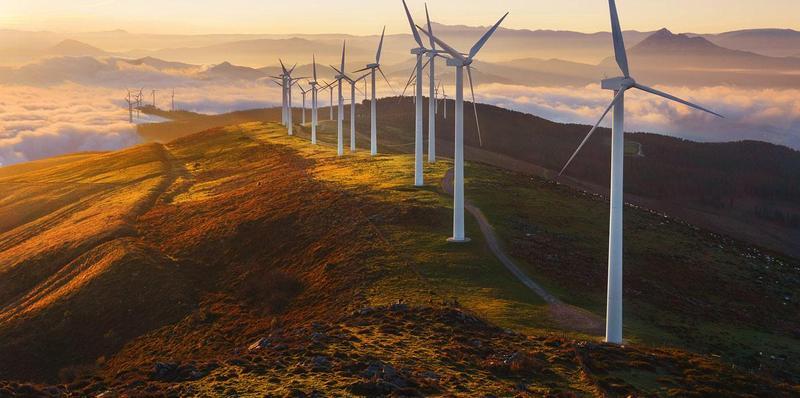Why Energy May Soon Be Free Thanks to Solar, Wind, Storage and Big Data
Why Energy May Soon Be Free Thanks to Solar, Wind, Storage and Big Data

Google and Apple both have licences to trade energy while Microsoft has been busy developing new technology
Paying for energy could soon become a thing of the past if analysts at Citi, a global investment bank, are to be believed.
Researchers at the bank have calculated that cheaper storage and smart data analytics may soon make solar and wind energy available to consumers in some parts of the world – completely for free.
“The notion of free energy came to prominence in the 1960s, as nuclear fusion was touted as a way to provide free energy,” researchers said in the report on disruptive innovation.
“Now, Big Data and advanced analytics are developing rapidly to improve forecasting, automation, customisation, and the democratisation of energy.
The end result is that we are producing more energy with fewer resources,” the researchers said.
Researchers said free energy would first depend on a company using big data to study how much electricity people use, and when, and then building a platform not unlike eBay or Alibaba so that energy providers can bid to provide energy to those customers, driving down prices.
Data is so important because it means energy providers can work out how to store and distribute energy generated from solar panels and wind turbines.
While renewable energy sources like these have been around for years, storing and distributing energy from these unpredictable sources has been a major barrier to using them more effectively.
Free energy might not be a reality, but there are signs that renewable energy is disrupting the dominance of the biggest energy suppliers in the UK.
Bulb, a start-up energy provider that launched in May, cuts across the confusing tariff system of the big companies by offering one tariff, 100 per cent renewable energy and prices on average 20 per cent cheaper than the big six. Bulb is challenging the big energy companies that dominate the UK market by offering to pay exit fees for consumers that want to switch to them.
Jonathan Gartside, director of product and operations at Bulb, said that the future of energy will be technology-led, renewable and cheaper.
“With so much innovative technology being developed the role of the supplier has to change. Consumers need trusted, forward thinking suppliers – unencumbered by legacy systems and centralised generation portfolios – to help them navigate and capitalise on this exciting potential,” he said.
It’s not only a new breed of supplier that is excited about changes to the industry. There are signs that big software companies are ready to capitalise on big changes to the market.
Microsoft has developed its own software that collects 500 million data transactions daily from sensors and other energy devices to understand its own energy demand level and patterns.
Google and Apple both have licences to trade energy.
“As new builds in the power sector involve more near zero-variable cost sources, such as wind and solar, along with greater demand and storage optimisation, the goal of dramatically lowering energy costs for all, with the possibility of free energy in some corners, may finally come to fruition,” Citi analysts said.
Hazel Sheffield/Independent
The idea of free energy through advancements in solar, wind, and big data is captivating. It's exciting to see how companies like Bulb are disrupting traditional energy markets with renewable solutions and competitive pricing. As data analytics enhance energy storage and distribution, the dream of accessible and affordable energy feels closer than ever. In line with this shift, are becoming invaluable for those seeking efficient and eco-friendly solutions for off-grid living and emergencies. They embody the future of energy innovation.